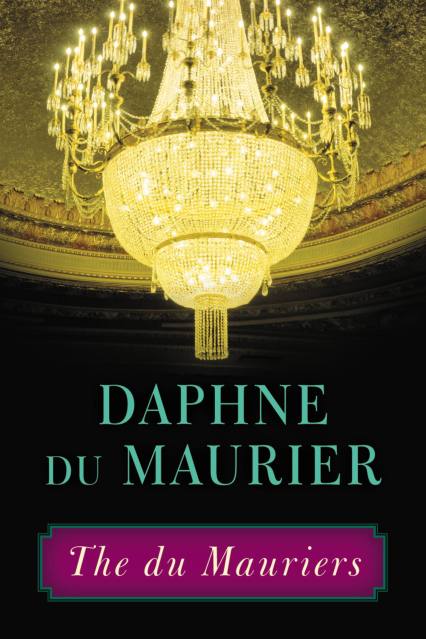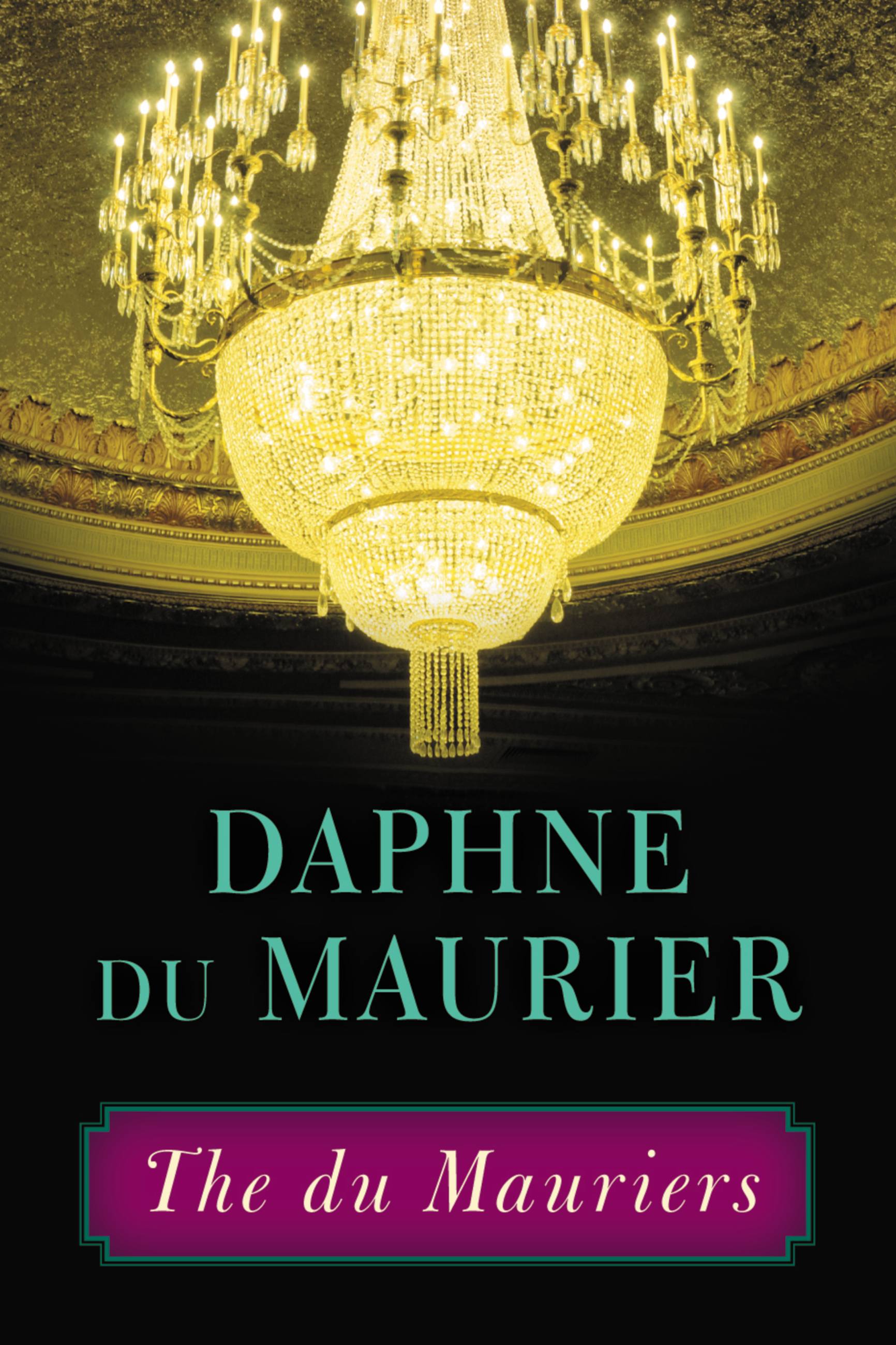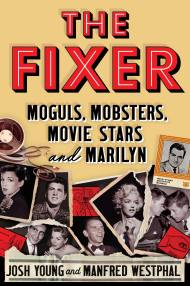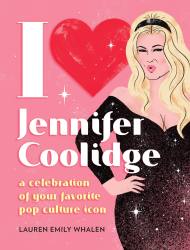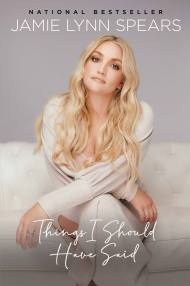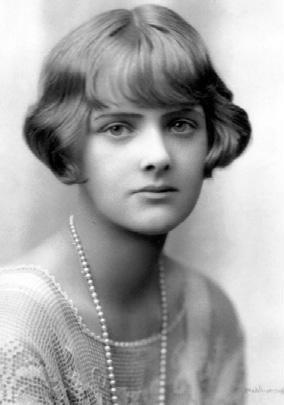Promotion
Use code MOM24 for 20% off site wide + free shipping over $45
The du Mauriers
Contributors
Formats and Prices
Price
$9.99Format
Format:
ebook (Digital original) $9.99This item is a preorder. Your payment method will be charged immediately, and the product is expected to ship on or around December 17, 2013. This date is subject to change due to shipping delays beyond our control.
Also available from:
Spanning nearly three quarters of a century, The du Mauriers is a saga of artists and speculators, courtesans and military men. From England to Paris and back again, their fortunes varied as wildly as their ambitions. An extraordinary family of writers, artists and actors they are…The du Mauriers.
“Daphne du Maurier creates on the grand scale; she runs through the generations, giving her family unity and reality . . . a rich vein of humor and satire . . . observation, sympathy, courage, a sense of the romantic, are here.”-The Observer
Genre:
- On Sale
- Dec 17, 2013
- Page Count
- 336 pages
- Publisher
- Little, Brown and Company
- ISBN-13
- 9780316254366
Newsletter Signup
By clicking ‘Sign Up,’ I acknowledge that I have read and agree to Hachette Book Group’s Privacy Policy and Terms of Use
